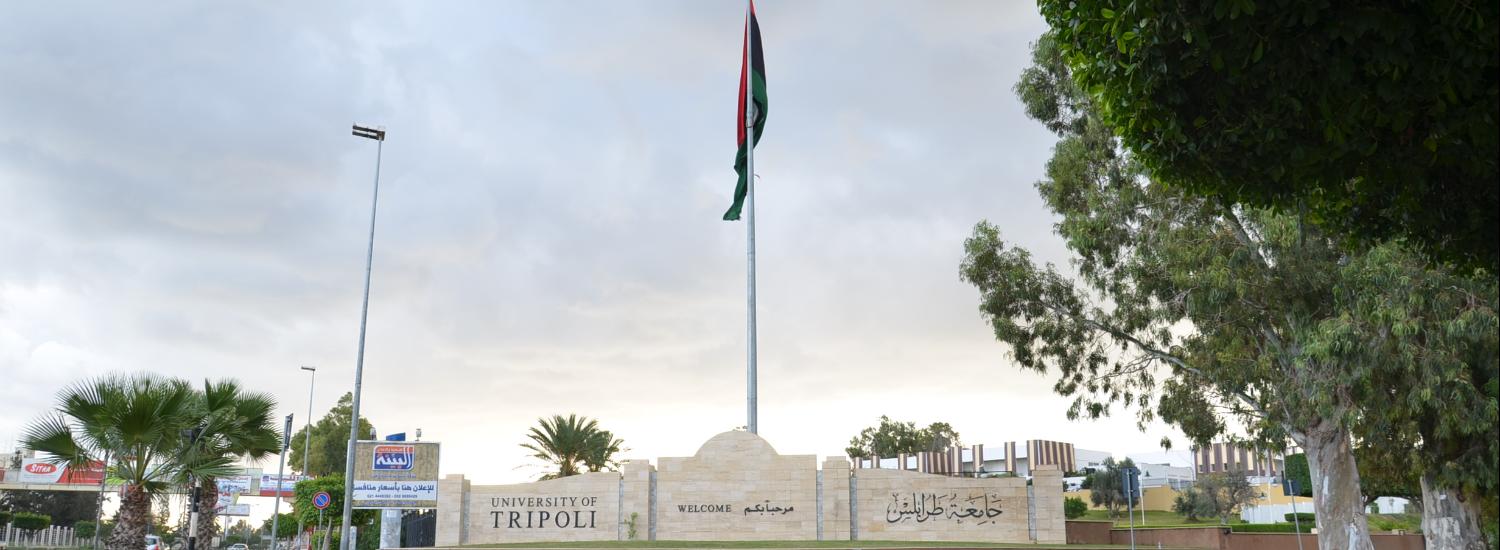قسم التجارة الالكترونية وتحليل البيانات
المزيد ...حول قسم التجارة الالكترونية وتحليل البيانات
يعد قسم التجارة الالكترونية من احدث التخصصات فقد تأسس القسم في عام 2000ف والذي جاء تلبية لمتطلبات سوق العمل في الحاجة الي وجود موارد بشرية متخصصة في مجال ادارة الاعمال والانشطة التجارية عبر تقنية المعلومات والوسائط الالكترونية الحديثة لاسيما مع النمو المتزايد في التجارة الالكترونية لذلك يسعي القسم بأن يجعل الطالب قادر على تحسين مهاراته إلى أقصى درجات الفاعلية لمواجهة التحديات المعرفية والتطورات الحديثة.
حقائق حول قسم التجارة الالكترونية وتحليل البيانات
نفتخر بما نقدمه للمجتمع والعالم
المنشورات العلمية
هيئة التدريس
الطلبة
الخريجون
من يعمل بـقسم التجارة الالكترونية وتحليل البيانات
يوجد بـقسم التجارة الالكترونية وتحليل البيانات أكثر من 23 عضو هيئة تدريس




أ. زهرة محمد محمد سعيد
زهرة سعيد هي احد اعضاء هيئة التدريس بقسم التجارة الالكترونية وتحليل البيانات بكلية الإقتصاد طرابلس. تعمل السيدة زهرة سعيد بجامعة طرابلس كـمحاضر مساعد منذ 2014-04-24 ولها العديد من المنشورات العلمية في مجال تخصصها. , و تشغل الاستاذة زهرة وظيفة رئيس مكتب التوثيق و المعلومات بكلية الاقتصاد و العلوم السياسية.




